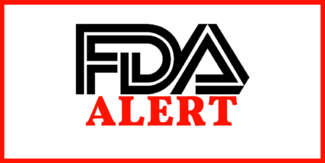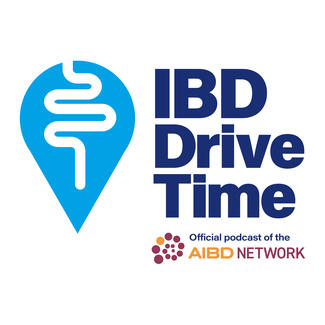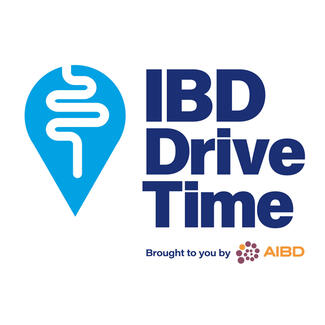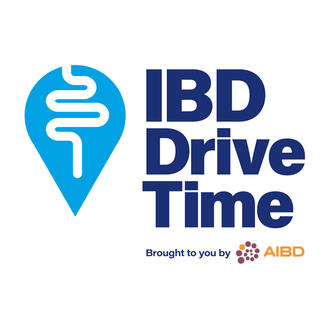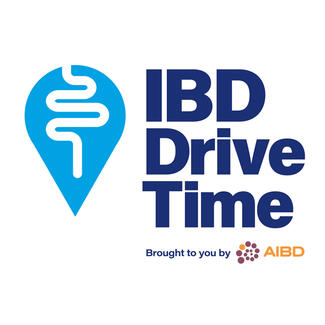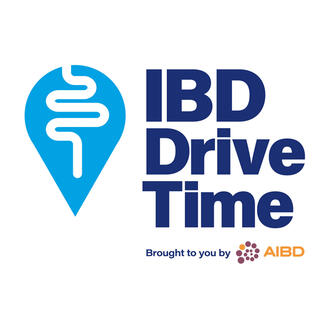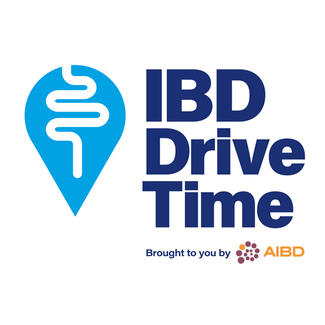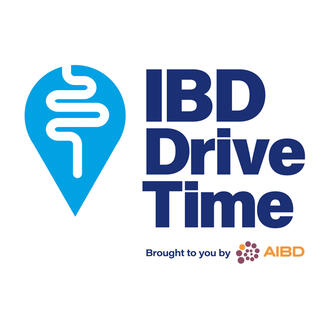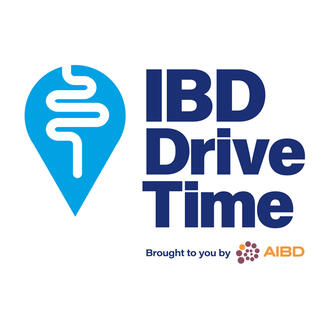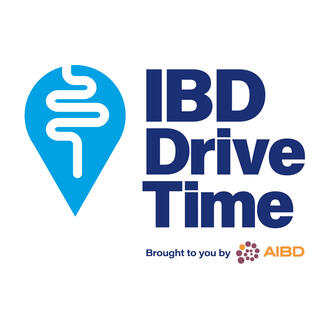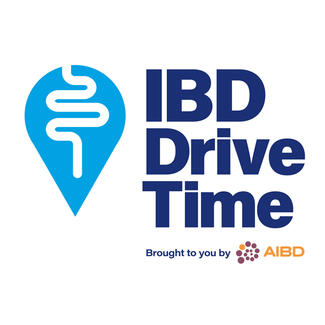Raymond Cross, MD, on JAK Inhibitors in IBD
Dr Cross recaps his presentation on the efficacy and safety of Janus kinase inhibitors in the treatment of both ulcerative colitis and Crohn's disease, presented at the recent AIBD regional meeting in Nashville.
Raymond Cross, MD, is director of the IBD Center at Mercy Medical Center in Baltimore, Maryland, and professor of medicine at the University of Maryland.
Hello everyone. I'm Raymond Cross from Mercy Medical Center in Baltimore, and I just presented this past weekend at the regional advances in IBD course in Nashville, Tennessee. My talk was about JAK inhibitors for use in ulcerative colitis and Crohn's disease. As I'm sure you know we have two approved JAK inhibitors for treatment of ulcerative colitis and Crohn's, tofacitinib or Xeljanz and upadacitinib or Rinvoq. Rinvoq is approved for both treatment of ulcerative colitis and Crohn's, whereas tofacitinib is approved only for treatment of ulcerative colitis. The first part of my talk focused really on the efficacy of these drugs. They really have quite remarkable effectiveness and treatment in both disorders. What's particularly unique about them is that in patients that have been exposed to prior advanced therapies, these drugs in general tend not to lose efficacy, which is something unique to this class of medicines as well as the newer p19 inhibitors that we're using. So they remain effective after a first-line therapy like an anti-TNF has failed the patient.
We talked about positioning these drugs, particularly using them after an advanced therapy has failed in patients with more severe symptoms. I like to tell trainees and other providers that when I'm thinking about using prednisone, I'm often going to go straight to a JAK inhibitor because of the rapid onset of action of these drugs. So you can really spare a patient an 8- to 10-week tapering course of prednisone. We also talked about how for extraintestinal manifestations like inflammatory arthritis and some dermatologic conditions like atopic dermatitis, can position these for treatment of those concurrent EIMS or immune mediated disorders. We talked a bit about some other scenarios where we would use JAK inhibitors, including in patients hospitalized with acute severe colitis where we can take advantage of their rapid onset of action.
Additionally, in those patients, they typically have accelerated clearance of monoclonal antibodies, so utilizing a small molecule which is not prone to those problems could be an advantage and potentially a future area where we position these drugs. We also looked a little bit at the subgroup analysis from the pivotal trials for UC and Crohn's disease, and there's some intriguing data that for perianal fistulizing disease, these drugs could be effective. So more to come on that.
Well, everything I said would make you think we'd use these drugs more frequently, but in fact they're often positioned third and fourth line for our patients, and that has a lot to do about perceived safety of these drugs. And that really comes from a study called the ORAL surveillance study, which was done in patients with rheumatoid arthritis who are 50 years of age or older with at least one cardiovascular risk factor.
This study compared 3 groups of patients; those on low-dose tofacitinib, standard higher dose 10 milligram BID tofacitinib, or an anti-TNF, such as adalimumab or etanercept. Patients were also treated concurrently with methotrexate in this study. And what they found is that there was an increased risk of cardiovascular events, malignancy overall, and thromboembolic events in the tofacitinib-treated patients compared to the anti-TNF treated patients focusing on cardiovascular events. Two percent of patients treated with an anti-TNF experienced a cardiovascular event compared to 3% of those treated with tofacitinib. Likewise, for malignancy it was 3% versus 4%, and for thromboembolic disorders it was 1 in 250 at the high dose tofacitinib group compared to 1 in 1000 in those treated with anti -NF.
Now, it's really important and I want to have a few simple messages for you here on safety in that study. If patients did not have a history of cardiovascular disease or thromboembolic disorders in the past, they had no increased risk of cardiovascular events or thromboembolic disorders. Also, if they were never smokers and under the age of 65, their risk of malignancy was not increased, and most of our patients in clinical practice in fact, are not going to meet any of those criteria, and thus those specific risks that are in the package insert are not relevant to most of our patients. And when I counsel patients in the office about the risks of JAK inhibitors, I also mention to them that their current active disease and their concurrent use of steroids is riskier than any therapy I could give them including a JAK.
So I hope you've learned a few things from my presentation and my synopsis, and we look forward to you joining us in future regional Advances in IBD courses. Thank you very much.








